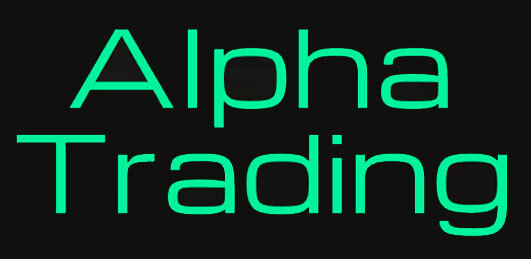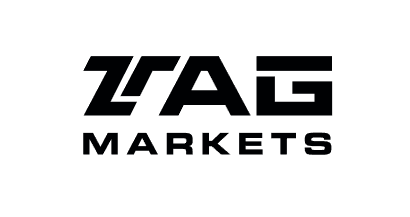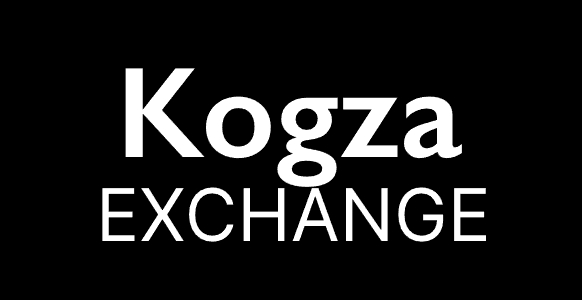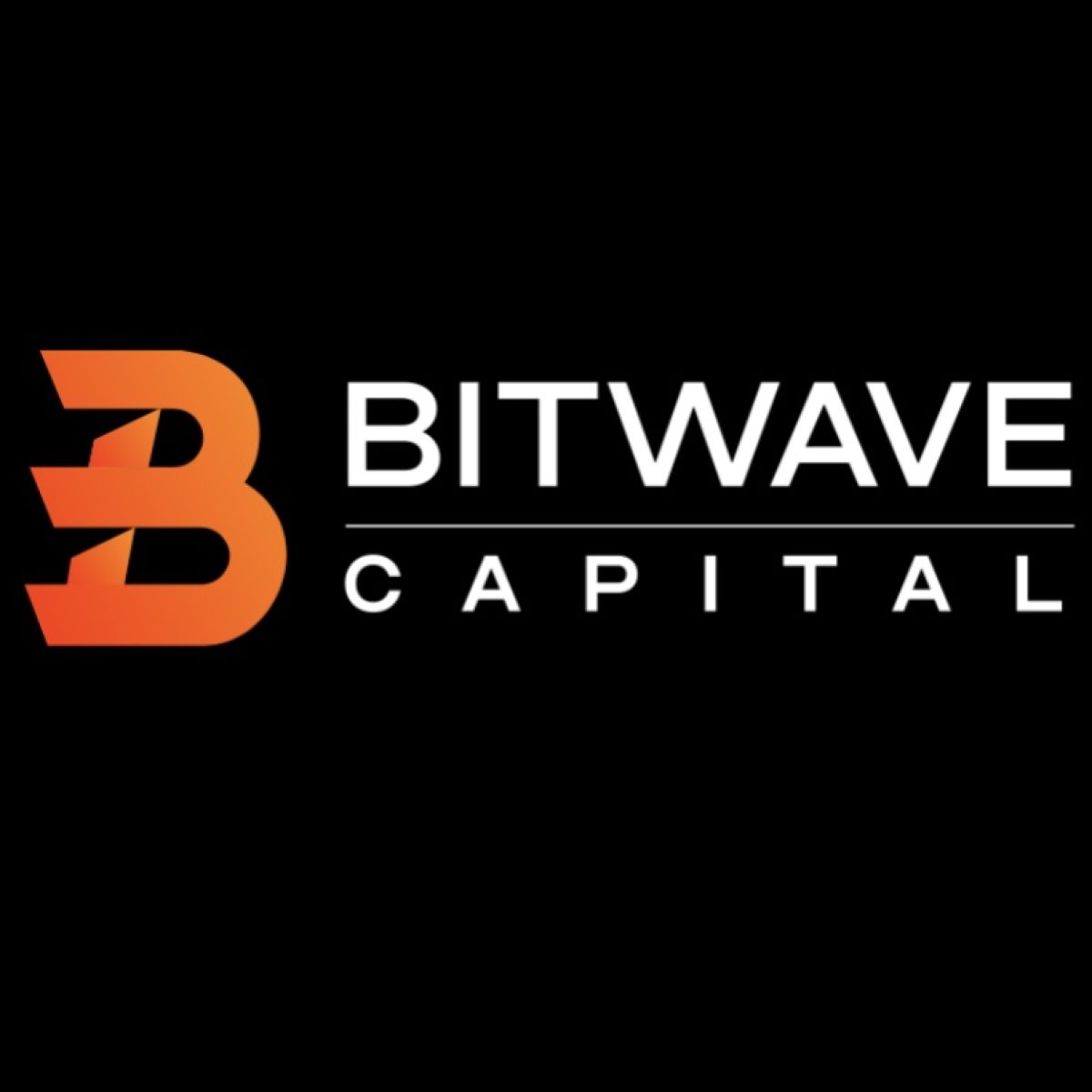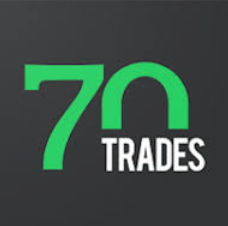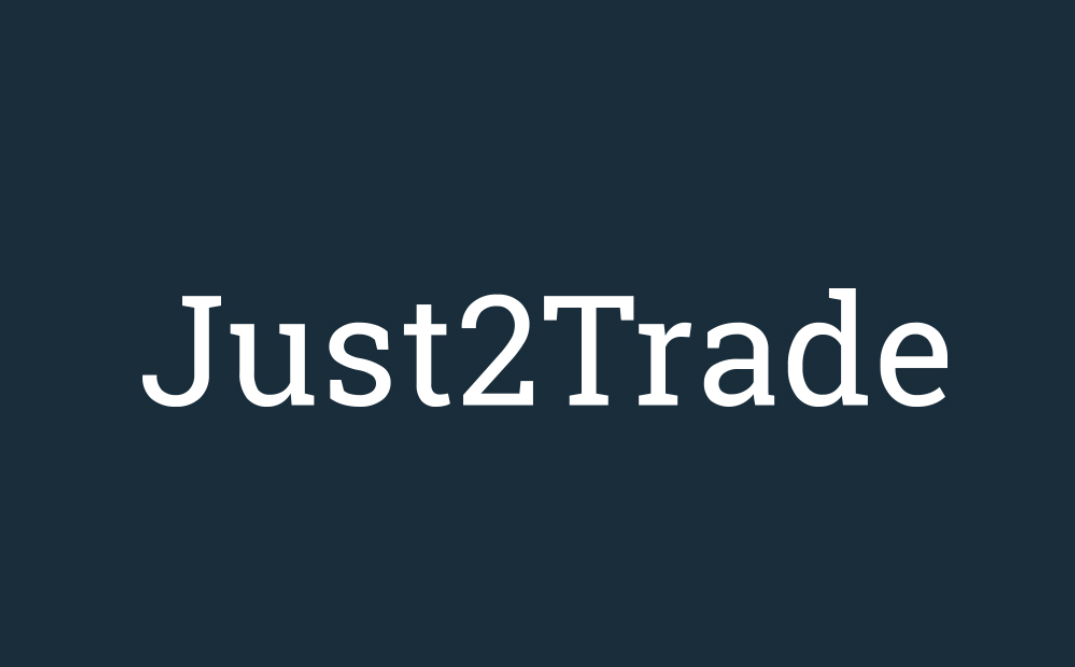Scam Forex Brokers
The world of Forex trading, with its promise of high returns, attracts millions of investors worldwide. However, this lucrative field also lures numerous scammers looking to exploit unwary traders. Understanding the importance of avoiding Forex Scams and knowing how to identify them is crucial for anyone involved in or considering Forex trading. This section lists scam forex brokers and delves into the main categories of scam brokers, offering insights into their operations and the red flags that can help traders avoid falling victim to these schemes.
The Importance of Avoiding Forex Scams
- Financial Loss: The most direct impact of falling for a Forex scam is financial loss. Victims can lose their entire investment, and in some cases, end up owing money due to leveraged positions.
- Emotional Distress: Beyond financial loss, being scammed can lead to significant emotional and psychologicaldistress, affecting one's well-being and trust in future investment opportunities.
- Time Wastage: Recovering from a scam, both financially and emotionally, can consume a considerable amount of time, during which victims might miss out on legitimate investment opportunities.
- Legal Complications: In some instances, engaging with scam brokers can lead to legal issues, especially if the broker operates in a regulatory grey area.
Classification of Scam Brokers
Scam brokers in the Forex market can be classified into several categories, each with its own set of deceptive practices. Understanding the classification of these scam brokers is vital for anyone navigating the Forex market.
Signal Sellers
Signal sellers occupy a unique niche in the Forex scam ecosystem. They claim to offer expert advice or "signals" on when to buy or sell currency pairs, supposedly based on market analysis or insider information. These services are often marketed with the promise of significant profits, requiring traders to pay a subscription fee, a one-time purchase price, or a percentage of profits.
Characteristics of Signal Sellers
- Promises of High Accuracy: They often guarantee high success rates that seem too good to be true. Subscription Fees: Traders are asked to pay recurring fees to access these signals.
- Lack of Verifiable Track Record: Signal sellers rarely provide a transparent and verifiable history of their trading performance.
High-Yield Investment Programs (HYIPs)
HYIPs are essentially Ponzi schemes dressed up in Forex market attire. They promise exceptionally high returns on investment over incredibly short periods, claims that are unsustainable and unrealistic in any legitimate financial market. These schemes operate by paying earlier investors with the money brought in by new investors, creating a cycle that eventually collapses once there are not enough new participants.
Characteristics of HYIPs
- Unsustainable Returns: Promises of exponential growth in investments within a very short timeframe.
- Recruitment Incentives: Often, there are incentives for participants to recruit others into the scheme, further fueling the Ponzi structure.
- Evasiveness About Strategies: Vague or secretive about the investment strategies being used.
Broker Manipulation
This category involves Forex brokers who manipulate their trading platforms to ensure that traders end up losing money, thereby increasing the broker`s profits. These manipulations can take various forms, including creating artificial slippages to worsen execution prices, causing delays in order execution to benefit from price movements, or unjustly adjusting spreads.
Characteristics of Broker Manipulation
- Slippage Manipulation: Traders experience consistent negative slippage, never in their favor.
- Order Execution Delays: Orders are executed at prices that are not optimal for the trader, often explained away by technical issues.
- Spread Widening: Unexplained and inconsistent widening of spreads, particularly during times when it benefits the broker.
Phony Trading Programs
In this scam, fraudsters sell automated trading systems or robots, claiming they can consistently outperform the market with little to no risk to the investor. These programs are advertised as being based on sophisticated algorithms or proprietary techniques, but in reality, they often fail to deliver the promised results and may even be designed to generate losses.
Characteristics of Phony Trading Programs
- Guaranteed Profits: Claims of guaranteed profits or extremely high performance.
- Lack of Independent Verification: Absence of credible, independent back-testing or proof of the system's performance.
- High Upfront Costs: Significant costs associated with purchasing the system, with no refund policy or guarantees.
Avoiding Scam Forex Brokers
Avoiding these scam brokers requires vigilance, due diligence, and a healthy skepticism of anything that seems too good to be true. Prospective traders should:
- Verify the regulatory status of brokers or entities.
- Seek out independent reviews and testimonials from other traders.
- Be wary of any service that promises guaranteed returns or requires an upfront fee without offering verifiable evidence of performance.
- Test any system with a demo account before committing real funds.
By understanding the landscape of scam brokers within the Forex market, traders can arm themselves with the knowledge necessary to navigate this challenging environment safely. It`s crucial to remember that while the market offers legitimate opportunities for profit, it also demands a disciplined approach to risk management and a commitment to continuous learning.
How to Identify and Avoid Forex Scams
Being able to identify and steer clear of these scams is crucial for anyone looking to trade in the Forex market. Use a comprehensive approach to recognizing and avoiding Forex scams, ensuring traders can protect their investments and trade with confidence.
Verify Regulatory Status
The first and perhaps most critical step in avoiding Forex scams is to verify the regulatory status of the brokerage or trading platform. Reputable brokers are registered with and regulated by financial authorities that ensure compliance with legal and ethical standards. These authorities include the U.S. Commodity Futures Trading Commission (CFTC), the UK Financial Conduct Authority (FCA), and other similar bodies worldwide.
How to Verify
- Check the Broker's Website: Regulatory information is usually displayed at the bottom of a broker's homepage.
- Use Online Databases: Regulatory bodies provide online databases where you can look up the regulatory status of brokers.
- Contact the Regulatory Body: If in doubt, contact the regulatory body directly to confirm a broker's status.
Research the Broker
Before committing to a Forex broker, it`s essential to conduct thorough research. This involves looking up reviews and feedback from other traders. The internet hosts a wealth of forums, review sites, and social media platforms where traders share their experiences and insights about different brokers.
Effective Research Practices
- Read Multiple Sources: Don't rely on a single source for reviews. Look for a pattern of feedback across various platforms.
- Beware of Fake Reviews: Be mindful that some reviews might be fake, either overly positive reviews posted by the broker themselves or negative ones by competitors.
- Check for Recurring Complaints: Pay special attention to any recurring issues mentioned by multiple traders, such as problems with withdrawals, order execution, or customer service.
Demo Accounts
Most reputable brokers offer demo accounts, allowing traders to test the platform using virtual money. A demo account is an invaluable tool for assessing the broker`s trading platform, order execution speed, spread sizes, and other trading conditions without risking real money.
Benefits of Demo Accounts
- Platform Familiarity: Get accustomed to the platform's tools and features.
- Order Execution: Test how quickly and accurately orders are executed.
- Risk-Free Testing: Evaluate the broker's services without financial risk.
Read the Fine Print
The terms and conditions, including withdrawal conditions and fees, are where brokers often hide important details that could impact your trading experience and financial outcomes. Reading the fine print is vital to avoid unwanted surprises after you`ve already invested money.
Key Details to Look For
- Withdrawal Conditions: Check for any conditions or fees associated with withdrawing your profits.
- Account Fees: Look for information on account maintenance fees, inactivity fees, or other charges.
- Leverage and Margin Requirements: Understand the broker's policies on leverage and margin calls, as these can significantly affect your risk level.
Use Common Sense
Ultimately, a healthy dose of skepticism is one of the best tools against Forex scams. If a broker or an offer seems too good to be true, it likely is. High returns with low or no risk, guaranteed profits, and other too-good-to-be-true promises are classic signs of a scam.
Applying Common Sense
- Question Unrealistic Promises: Be wary of anyone promising guaranteed returns or secret trading strategies.
- Verify Claims: Independently verify any claims made by the broker or trading program.
- Seek Professional Advice: If unsure, seek advice from a financial advisor or experienced trader.
Forex Scams since 2006
#
Forex Broker
Overall Rating
Status
Reviews
Type
The Forex market, while offering legitimate opportunities for profit, is also rife with scams targeting unwary traders. By taking a proactive approach — verifying regulatory status, researching brokers, testing with demo accounts, reading the fine print, and using common sense — traders can significantly reduce their risk of falling victim to scams. Remember, in the world of Forex trading, being well-informed and cautious is your best defense. By staying informed, vigilant, and skeptical, traders can protect themselves from falling victim to these fraudulent schemes, safeguarding their investments and well-being in the process.
Expert Advisors 2024
1
2
3






